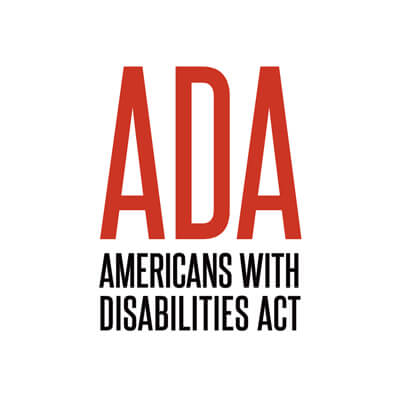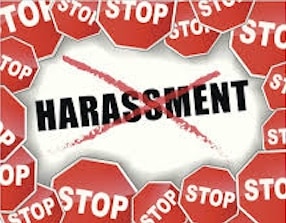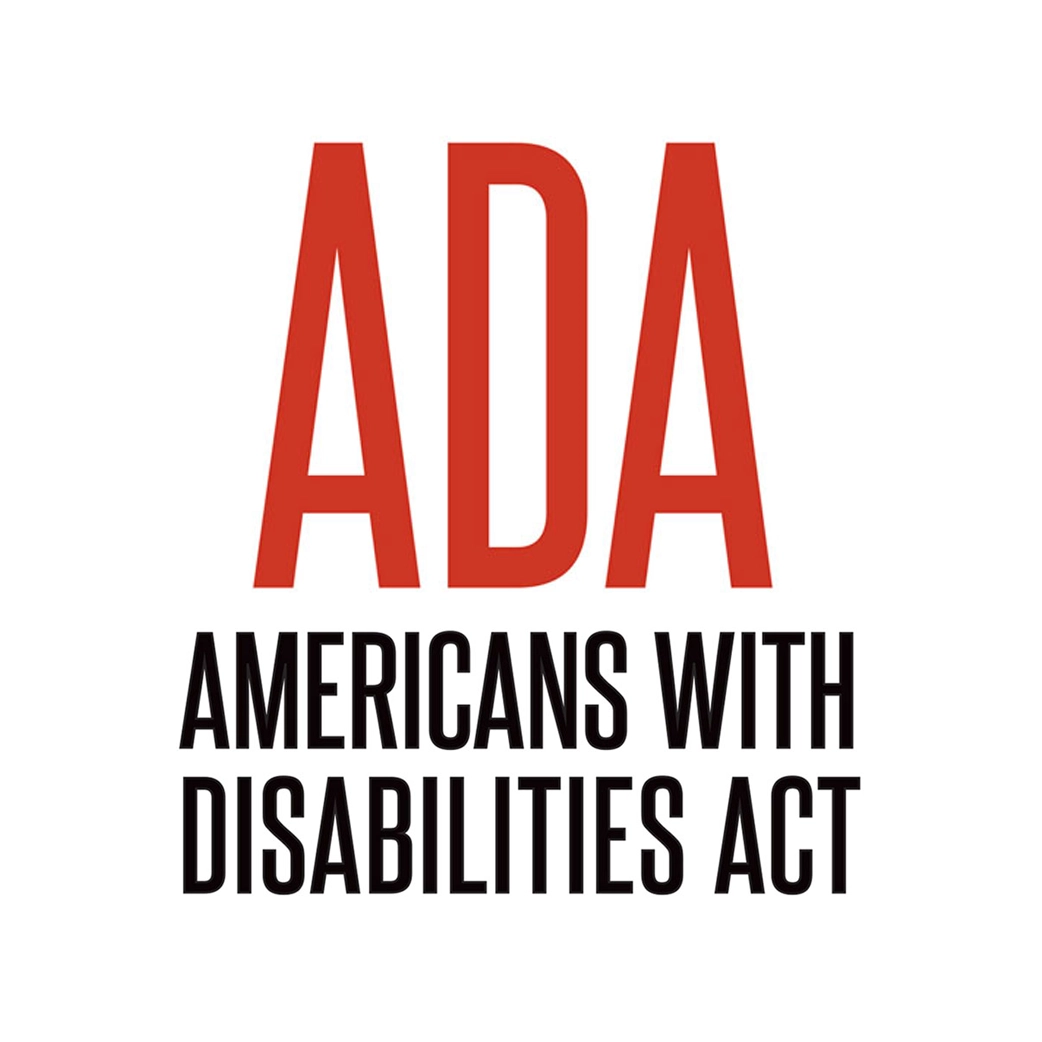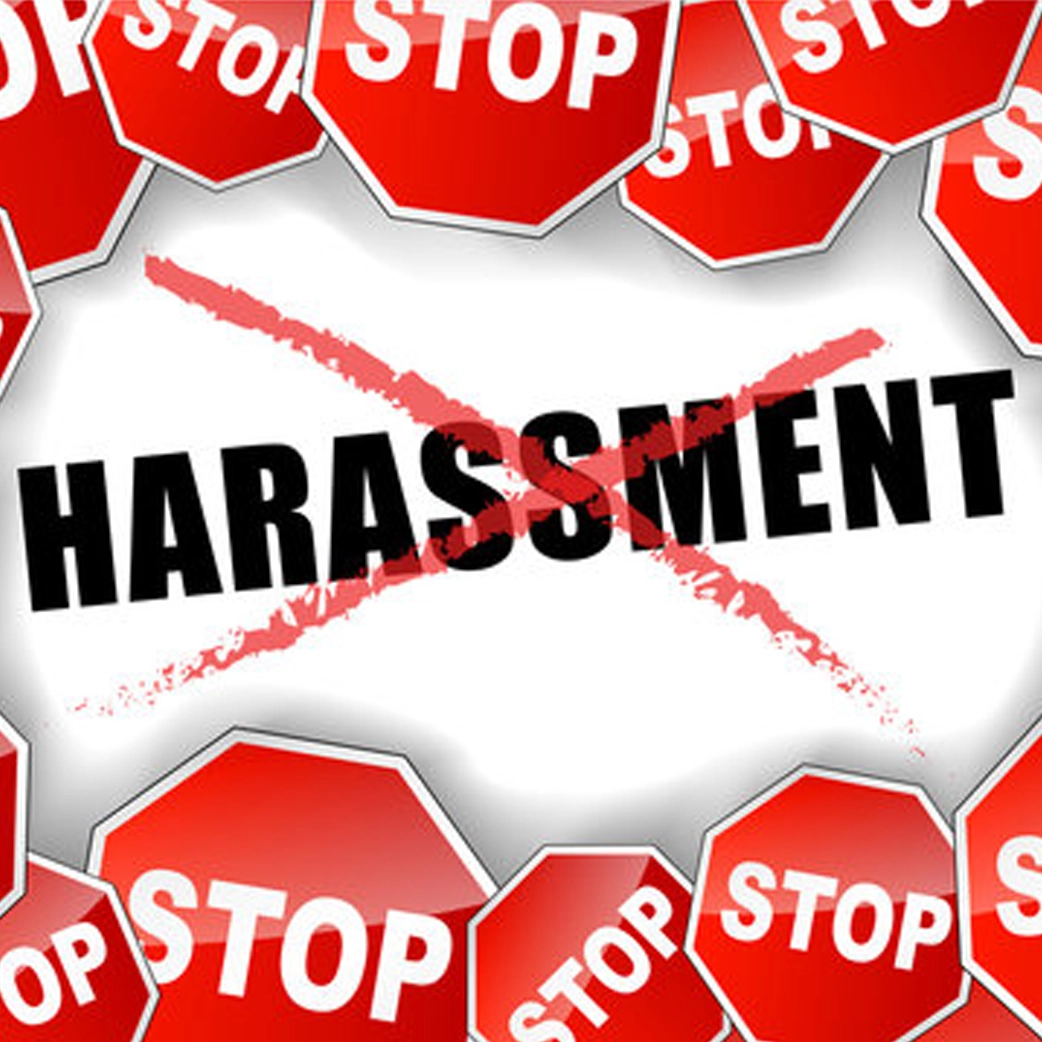(COVID-19)Novel Coronavirus Update Global LERP Response
Online John Hopkins CSSE Coronavirus Dashboard
WHO Novel Coronavirus (2019-nCoV) website
European Centre for Disease Prevention and Control, Novel coronavirus in China page
At least 64 other nations have confirmed cases of the novel coronavirus, with South Korea, Italy and Iran having the highest national totals, respectively, behind China. The World Health Organization, which has declared the outbreak a global health emergency and warned of its “pandemic potential,” has recorded 91,313 confirmed infections and 3,118 deaths worldwide at the time of this update. China remains the hardest-hit country by far, accounting for over 90 percent of cases and fatalities.
However, China appears to be winning its battle against the newly identified virus, known officially as COVID-19, which emerged in the city of Wuhan back in December. The number of new cases reported each day has plummeted in recent weeks and hospitals are sending thousands of recovered patients home.
Meanwhile, an outbreak is growing in the United States where 105 cases have been confirmed in at least 11 states as of Tuesday morning. That number includes 48 people who were repatriated to the United States on charter flights from Wuhan, China, or from the Diamond Princess cruise ship quarantined off the coast of Japan. There have also been several instances of community-acquired cases on U.S. soil in which the patients had no known exposure to the virus through travel or close contact with a known infected individual. At least six Americans sickened with the virus have died. Additionally, U.S. President Donald Trump met with pharmaceutical companies at the White House on Monday to discuss the progress being made in trying to rapidly develop a vaccine.
In the UK, response planning is underway by government authorities. UK authorities believe that up to a fifth of the workforce may be off sick during the peak of a coronavirus epidemic in the UK, the government says in its latest plans. Police may need to focus on only responding to the most serious crimes and maintaining public order if the virus spreads. The military could also provide support to emergency services if needed. Other possible measures include school closures, reducing social gatherings and working from home. Some non-urgent hospital care may be delayed to focus on treating coronavirus patients, while recently retired doctors and nurses may be called back to work. At a conference, Prime Minister Boris Johnson said the government was committed to doing “everything possible” to “prepare for all eventualities” and its priority was keeping the country safe, as the number of cases in the UK rose to 40. While the vast majority of patients will have a mild to moderate illness, similar to seasonal flu, a minority will require hospital care and a small proportion could die, the plans warn. There are no estimates given in the plans but they do warn of an increase in deaths, particularly among vulnerable and elderly groups.
South Korean President Moon Jae-in has also declared “war” on the novel coronavirus after the country recorded 600 new infections on Tuesday, bringing its total to 5,186. At least 28 people have died so far, according to South Korea’s Centers for Disease Control and Prevention. “The crisis in Daegu and North Gyeongsang province reached its peak and the whole country has entered a war against the infectious disease,” Moon said at a press conference Tuesday.
As of Sunday, March 1, authorities in Hong Kong announced that all travelers (including Hong Kong residents) who have been to the Emilia-Romagna, Lombardy, or Veneto regions in Italy, as well as those who have visited Iran in the past 14 days prior to their arrival in Hong Kong will be placed under quarantine. This measure is in addition to that already in place for travelers from mainland China.
On Tuesday, February 25, authorities announced that non-resident arrivals from South Korea will be prohibited entry into the territory. In addition, Hong Kong residents who had been in South Korea up to 14 days before returning to Hong Kong would have to undergo 14 days of medical surveillance. Additionally, non-residents who have been in South Korea 14 days prior to their arrival in Hong Kong will be prohibited entry. Authorities have also announced that schools will remain closed until Monday, April 20, at the earliest. As of Tuesday, March 3, Hong Kong has reported 100 cases of COVID-19 and two related deaths.
Due to the ongoing outbreak, CDC recommends that travelers avoid all nonessential travel to Iran and China.
Use the JavaScript Cleaner to organize and beautify your scripts before launching websites.












